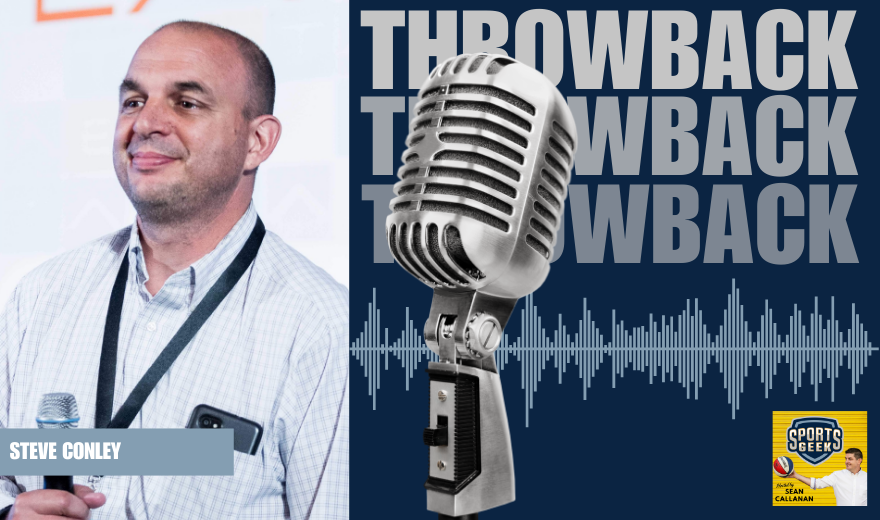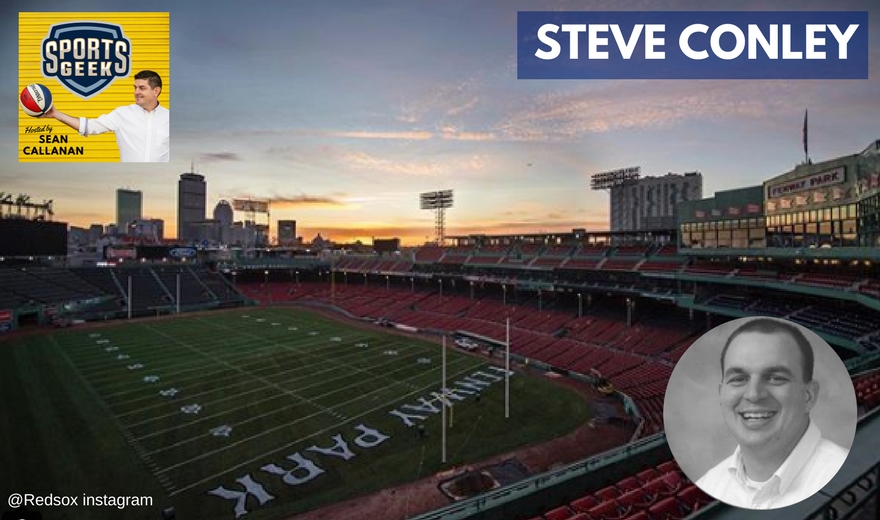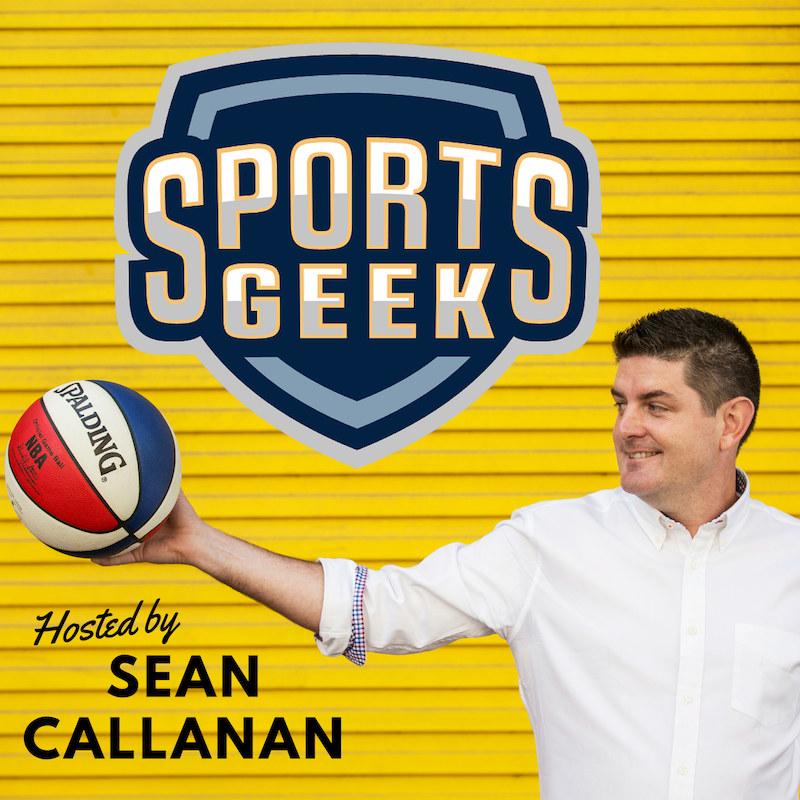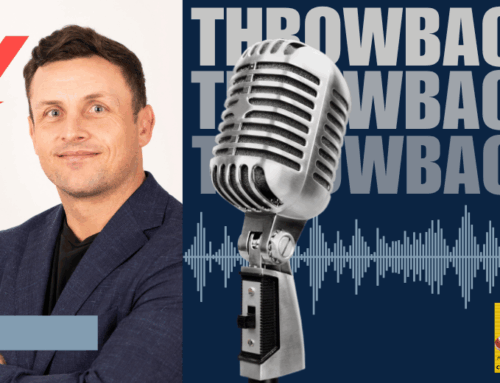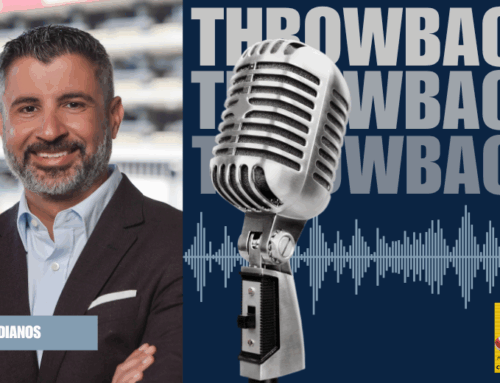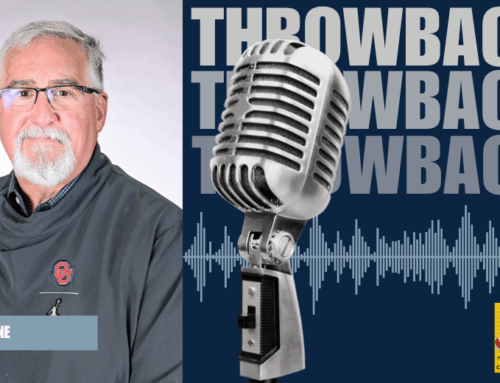This transcript has been lightly edited by AI
Sean: And they consume it completely differently. You know, whereas your dad and my dad would sit down and watch a whole game, and that's what I would do every time their favorite team would play. Our generation would still understand the whole season ticket thing. But now, we're moving to a point where my son is a fan of the same sports I am, but he just goes to the game, and that's how he consumes it. Or he'll consume the content differently. The consumer behavior in how they consume, purchase, and show their fandom is changing. That's the piece that sports need to evolve. I think tech plays a significant role in bringing that all together, but it's still something that a lot of sports are looking into, especially in the ticketing piece. How do we get the cheeks in the seats? How do we get people there? That's still the primary goal. A lot of the work you're doing in the data side is to ensure that you still get those people turning up and continuing to solve that problem.
Steve: Right. And you know, where I'm lucky is where we are. We're blessed. I have this conversation with Wade at the Twins a lot. We came up with the term “first world problems.” Exactly. If I complain about too much data, too much this, too much that, you know, how do you manage this kind of stuff? I can't deal with all this extra interest, and other clubs are like, “I'm just trying to sell out.” They're dealing with it on a different level, so I don't want to come across as like, “We're blessed where we are.” We realize it, but it doesn't mean that you don't want to get better.
Sean: And that's it. You don't want to rest on your laurels because the easiest thing to do is to go, “We are the Red Sox. We have super support in Boston.” Yet, you could still go back to the days when you started, where you just rolled out baseball, and people would turn up. But if you're not moving with the consumer and moving to where they are going, at some point, those consumers just won't turn up. You've got always to be looking to innovate, engage the customer, keep them involved, and do the things that keep them as passionate as your current fan base. A lot of sports these days have that older season ticket base of a different generation. As they get older, they won't want to be there. So what does the next generation of fans look like? It won't be exactly the same. The mix of different packages of single games, how the secondary market plays out, especially in the US, that's pretty much what the next five to ten years will look like, especially on the ticketing side.
Steve: Yeah, and the other thing that's going to be, and this is way above my pay grade, but it's something I like keeping an eye on, is what's happening with broadcasting rights and things like that. I don't think the interest is down. I think it's how people consume. A big factor is that streaming has become a bigger play. There are other things that are better at this moment.
Sean: There are so many more entertainment options available now.


